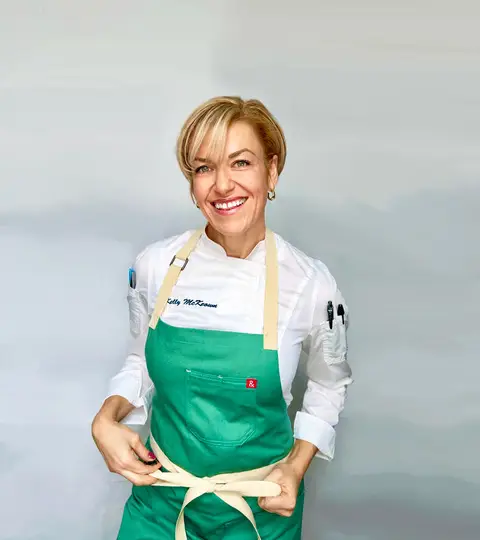
Ever wonder why we have distinctive accents? It’s a fascinating aspect of human language and culture that often goes unnoticed until we step outside our familiar surroundings.
As a child growing up in South Philadelphia, I was blissfully unaware of my accent or the unique slang words I used. It was simply the way everyone around me spoke, and I never gave it a second thought. However, my perspective changed dramatically when I was about 20 years old and started working for a couple who ran their own business outside the city.
My boss took it upon themselves to correct my speech patterns daily. Initially, I found this practice irritating and somewhat invasive. Who were they to tell me how to speak? After all, this was how I’d communicated my entire life. But as time went on, I began to see the value in their corrections.
One of the most noticeable aspects of my accent was the tendency to drop the ‘g’ at the end of certain words. For example, instead of saying “going,” I would say “goin’.” Each time I made this mistake at work, my boss would gently point it out. This consistent feedback slowly but surely made me more aware of my speech patterns.

Now, as an adult, I’m immensely grateful for their persistence in helping me refine my speech. It’s not just about sounding more “professional” or “educated,” but about expanding my linguistic horizons and becoming more versatile in my communication skills.
This experience taught me a valuable lesson that extends far beyond pronunciation: the importance of continuous growth and exposure to new ideas and experiences. Just as I strive to consume healthy foods for my physical well-being, I now make a concerted effort to surround myself with people who can teach me new things and challenge my existing perspectives.
Growth is impossible if we remain stuck in old environments or cling to outdated ways of doing things. As the saying goes, “Nothing changes if we don’t change.” This applies to every aspect of our lives, from our speech patterns to our worldviews.
If we never venture beyond the environment where we grew up, we miss out on exposure to other cultures, traditions, and ways of life. Our worldview remains limited, and we may struggle to understand or empathize with people from different backgrounds.

Similarly, if we never try new foods, we’ll never experience the vast array of flavors and culinary traditions that exist beyond what our families cooked for us. Food is not just sustenance; it’s a gateway to understanding different cultures and expanding our palates.
Socializing with the same group of friends throughout our entire lives, while comfortable, can limit our personal growth. By interacting with diverse groups of people, we open ourselves up to new ideas, perspectives, and experiences that can broaden our horizons and deepen our understanding of the world.
In my professional life, particularly when I worked in kitchens, I always sought out environments where my colleagues were more skilled than me. While it might have felt great to be the most talented person in the room, I recognized that this wouldn’t lead to continued learning and growth. By surrounding myself with more experienced professionals, I ensured that I was constantly challenged and had opportunities to expand my skillset.
This principle applies to all areas of life. Whether it’s in our careers, hobbies, or personal relationships, placing ourselves in situations where we’re not the smartest or most skilled person can be uncomfortable, but it’s also where the most growth happens. It pushes us to learn, adapt, and improve continuously.
In conclusion, our accents, like many aspects of our personalities and skills, are shaped by our environments. But we have the power to expand beyond our initial influences. By actively seeking out new experiences, surrounding ourselves with diverse and skilled individuals, and being open to correction and growth, we can continually evolve and enrich our lives. Remember, every interaction is an opportunity to learn something new, and every challenge is a chance to grow. Embrace the discomfort of the unfamiliar, for that’s where true personal development begins.









